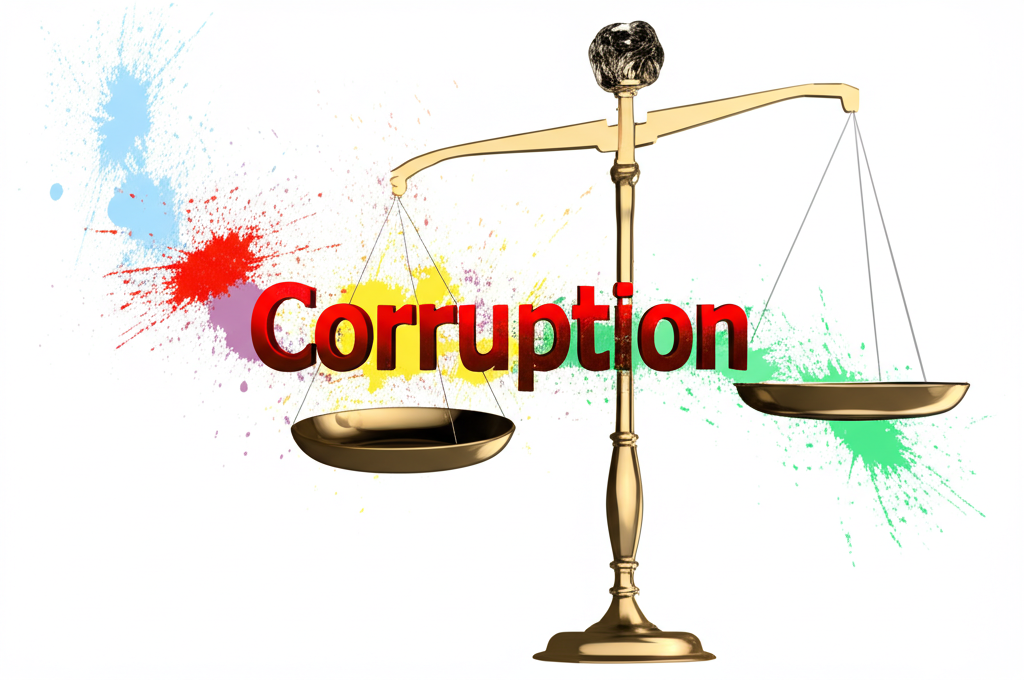Pastor Tobi Adegboyega, the Nigerian-born founder of SPAC Nation, faces deportation from the UK after a tribunal rejected his appeals. Amidst claims of community work and controversy, the judges highlighted inconsistencies in his case and the lack of supporting evidence.
- Deportation ruling against Pastor Tobi Adegboyega upheld
- Tribunal questions Adegboyega’s claims of community impact
- Lack of evidence from key UK figures cited in ruling
- Pastor’s lavish lifestyle and previous controversies under scrutiny
Why Was Pastor Tobi’s Deportation Approved?
The UK immigration upper tribunal recently approved the deportation of Pastor Tobi Adegboyega, a decision that has sparked debate and discussion. Adegboyega, known for his flamboyant lifestyle and controversial past, had appealed to remain in the UK on human rights grounds. However, the tribunal judges, Bruce and Rastogi, dismissed his appeals citing inconsistencies in his claims and lack of supporting evidence.
Questionable Claims of Community Work
Adegboyega argued that his deportation would negatively impact various community projects he initiated, including youth intervention programmes and a food bank. He claimed to have received support from prominent UK figures like former Prime Minister Boris Johnson and senior members of the Metropolitan Police. However, the tribunal found his claims to be “grossly inflated” and “hyperbolic”, lacking any substantial evidence to back them up. The court specifically noted the absence of corroborative evidence from the mentioned UK figures and agencies, casting doubt on Adegboyega’s actual influence and the extent of his community involvement.
Financial Controversies and Lavish Lifestyle
The tribunal also considered Adegboyega’s extravagant lifestyle, which includes designer clothing and luxury cars. While he claimed these were paid for by his wife, the tribunal saw it as conflicting with his claims of solely depending on his spouse’s earnings. This lavish lifestyle has been a source of controversy in the past, with allegations of financial misconduct and the misuse of church funds. A BBC documentary even detailed claims from alleged victims who accused the pastor of “brainwashing” them into making financial sacrifices for community programmes that allegedly supported his opulent lifestyle. While Adegboyega has never been formally charged or convicted of these allegations, they have contributed to the overall negative perception of his character and credibility.
What Happens Next?
Despite the ruling, Adegboyega still has the option to appeal the upper tribunal’s decision at the Court of Appeal of England and Wales. According to the UK Home Office, he has 28 days to file this appeal from the date of permission by the upper tribunal. The outcome of this appeal will determine his future in the UK.
Key Takeaways
The deportation case of Pastor Tobi Adegboyega highlights the importance of verifiable evidence and the scrutiny applied to individuals seeking to remain in the UK based on human rights grounds. The tribunal’s decision raises questions about the extent of Adegboyega’s community work and his financial dealings, ultimately leading to the approval of his deportation.




